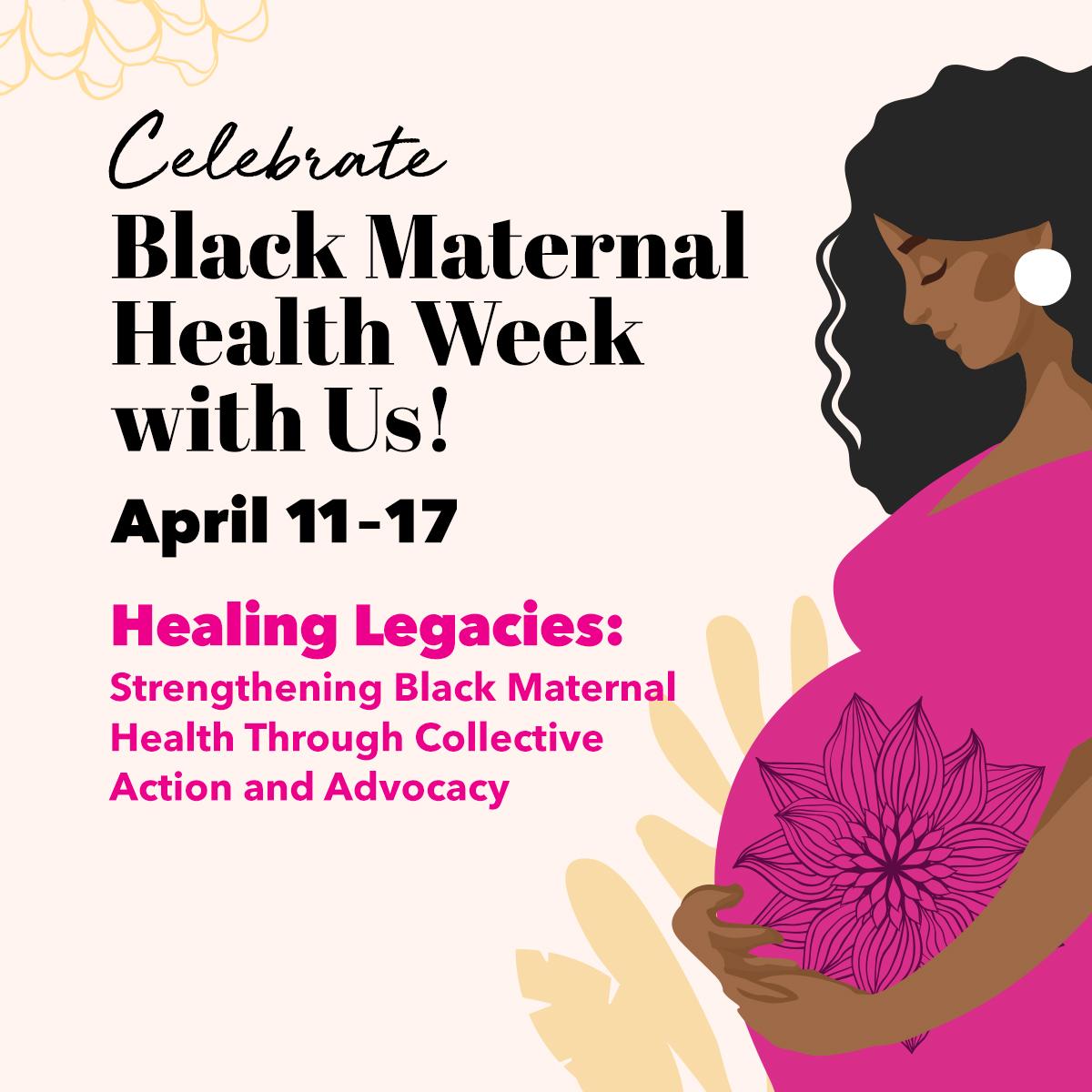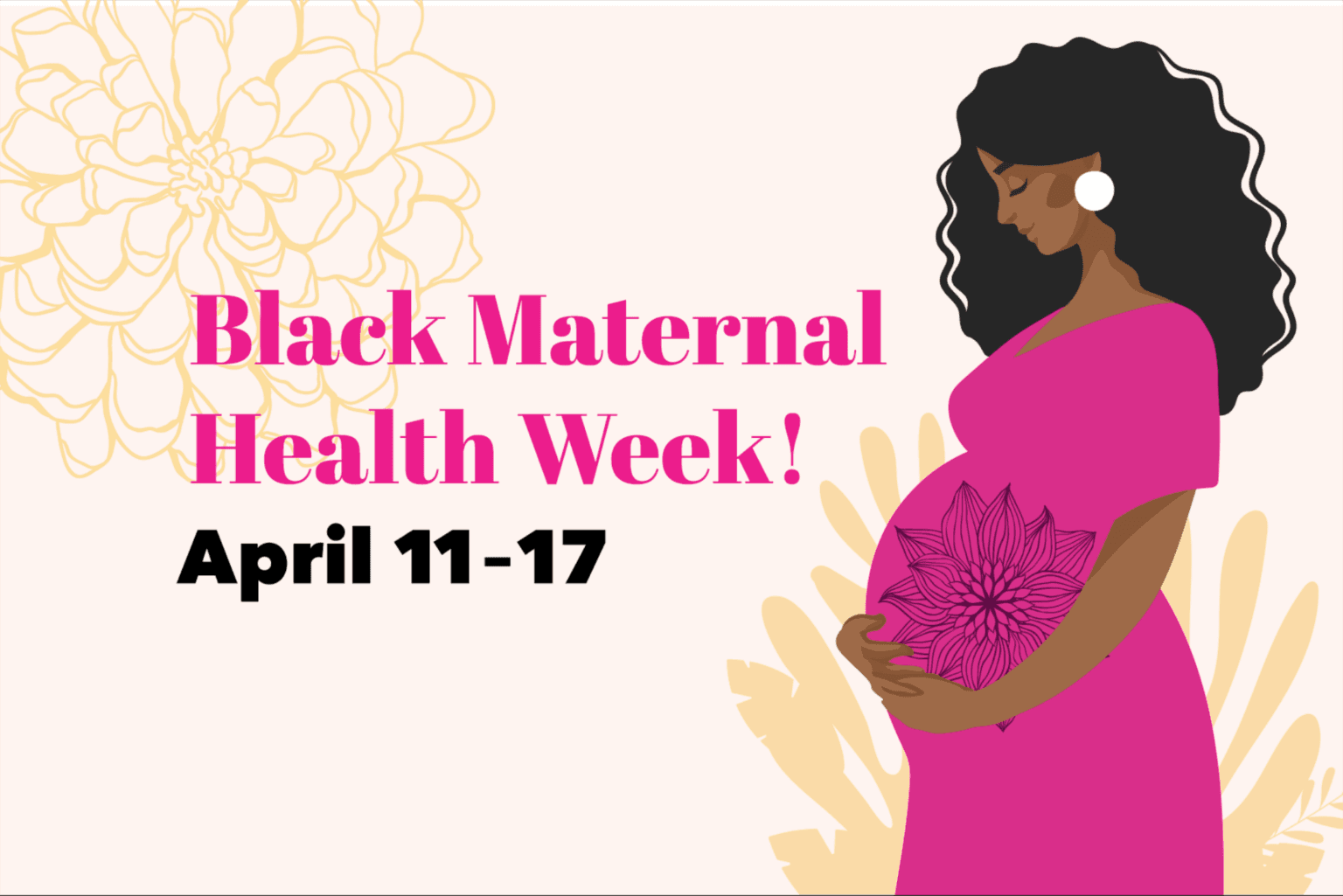Moms
You’re already an amazing mom!
Moms are often so busy taking care of everyone else, they forget to take time for their own health. You are key to your family. Let’s help you learn more about the physical and emotional changes you’re going through.

Being a healthy mom increases the chances of having a healthy baby, and healthy babies thrive. So a healthy, happy life for your family starts with you.
Take Care of Yourself
Of course, having a baby changes your life. And your body may go through changes, too. For example, you may feel overwhelmed and anxious sometimes. But when you understand these changes, it can help you feel better, which can help your baby feel better. Perinatal Mood and Anxiety Disorders (PMADs)
From prenatal visits to stress management, Delaware women can get free help to live a healthy life through our Healthy Women, Healthy Baby program.
Check out our Home Visiting page. It is a free program for Delaware women that offers personal health, wellness, nutrition, mental health, and prenatal care.
National Maternal Mental Health Hotline
Pregnant women and new moms can call or text 1-833-TLC-MAMA (1-833-852-6262)
Taking Care of Your Child
Everything’s different now that you’re a mom. Life is busier. Knowing the right things to do for your baby’s health can help you adjust to your new life. Feeding, safe sleep, well visits, and more — babies need a lot. While it may feel like too much to remember at times, there are simple things you can do to care for your baby.
Need more tips on taking care of your little one?
Visit our Your Growing Child page for more tips and tricks for parenting. You can also reach out to a Community Health Worker (CHW). Community Health Workers serve as a connection between health/social services and the community to simplify access to services and improve service delivery. CHWs aim to build individual and community capacity to improve health outcomes through a variety of activities such as outreach, health education, informal counseling, social support, linkages and referrals to health care as well as community resources such as financial coaching or housing.
Need Assistance?
If you’re like most moms, you sometimes wonder if your child’s physical development, emotional behavior, or learning curve is on track. You don’t have to wonder anymore. Help Me Grow at Delaware 2-1-1
Breaking Down Barriers
Improve health equity! It’s the chance for everyone to make the choices to stay healthy. Reach your full health potential without barriers. Want to talk more about health equity? Hear from women like you and even share your own story. Learn about health equity and spread the word.
Need Help with Abuse?
Family changes and the pressure that comes with them can lead to physical and/or emotional violence in the home.
If you are in immediate danger, call 911.
If you are in an abusive relationship, or know someone who is, call your local 24-hour domestic violence hotline to learn about all of your options, including shelter, legal assistance, support groups, and more. The hotline staff can help you create a safety plan personalized for your situation.
The Delaware Coalition Against Domestic Violence offers a 24-hour intimate partner violence hotline.


